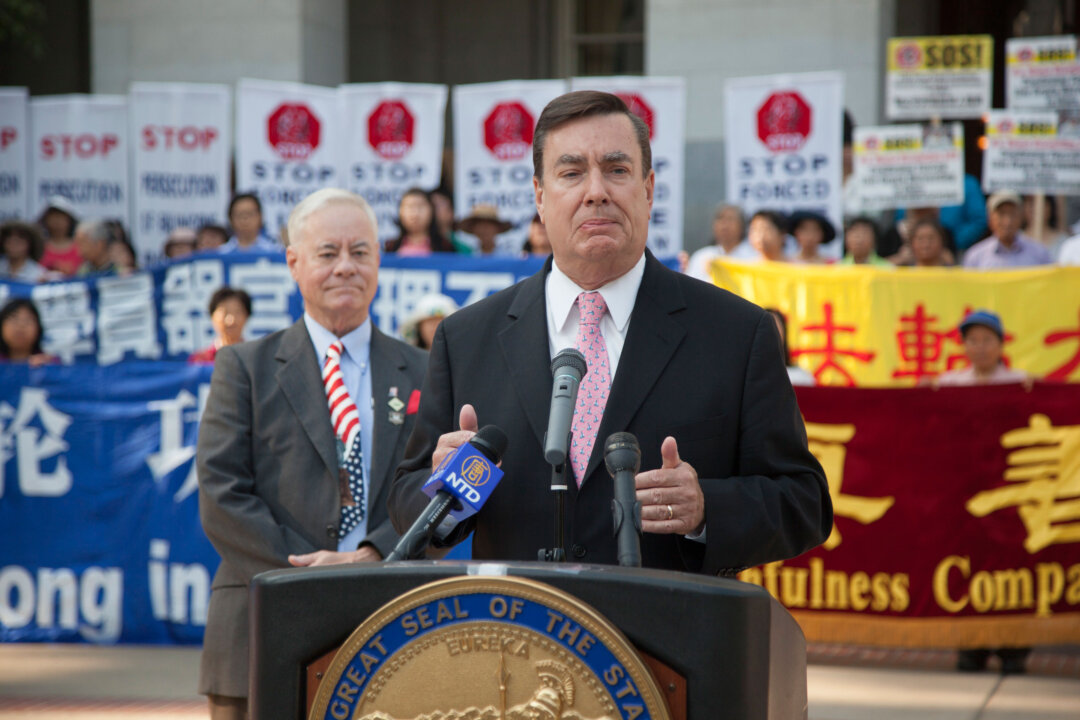Chinese diplomats have for years worked behind the scenes to pressure state and local officials into adopting policies friendly to Beijing.
But this issue has only recently gained national attention as the Trump administration raises the alarm on the communist regime’s influence activities across the country.
U.S. Secretary of State Mike Pompeo warned in a Sept. 23 speech at the Wisconsin state capitol that the Chinese Communist Party’s (CCP) covert influence operations targeting state and local politicians have been “in full swing for years” and “increasing in intensity.”
He cited one example of a Californian state senator who in 2017 sought to introduce a measure denouncing the CCP’s persecution of the spiritual group Falun Gong. The Chinese consulate in San Francisco then initiated a campaign to scuttle the resolution, writing letters of protest to the state legislature.
“Unfortunately, the California state Senate bowed to the CCP pressure campaign and shelved the proposed bill,” Pompeo said.
To Joel Anderson, the then-state lawmaker who proposed the Senate resolution, such “placating” was “outrageous” and deeply disappointing, he said in an interview with The Epoch Times’ sister media NTD. Anderson left office in 2018 and is currently running for San Diego County Board of Supervisors, a five-member county legislature.
When “people saw that one letter and a phone call had such a chilling effect on my colleagues, it begged the question why—why would they be so tied to the Chinese Consulate? Why is it so important to them not to offend, and put a blind eye to atrocities?”
Adherents of Falun Gong, a traditional meditation practice featuring slow-moving exercises and moral teachings centered around truthfulness, compassion, and tolerance, have faced brutal persecution in China since 1999. U.S.-based Falun Dafa Information Center estimates that millions have been detained and hundreds of thousands tortured. Disturbing evidence has continued to surface about the regime’s state-sanctioned practice of killing adherents and selling their organs for transplant surgery.
As a symbolic stance to commend Falun Gong practitioners’ “uncompromising courage” and condemn “any government-sanctioned persecution” against them, the resolution passed unanimously through the state’s judiciary committee on Aug. 29, 2017, but was blocked just two days later, after an unsigned letter from the Chinese Consulate reached every member of the state Senate. The U.S. House of Representatives, along with multiple state legislatures such as Minnesota, Arizona, Missouri, Illinois, and Colorado, has passed similar resolutions.
Framing the bill as “anti-China” and “anti-human,” the consulate letter claimed that it “may deeply damage the cooperative relations between the State of California and China and seriously hurt the feeling of Chinese people.”





